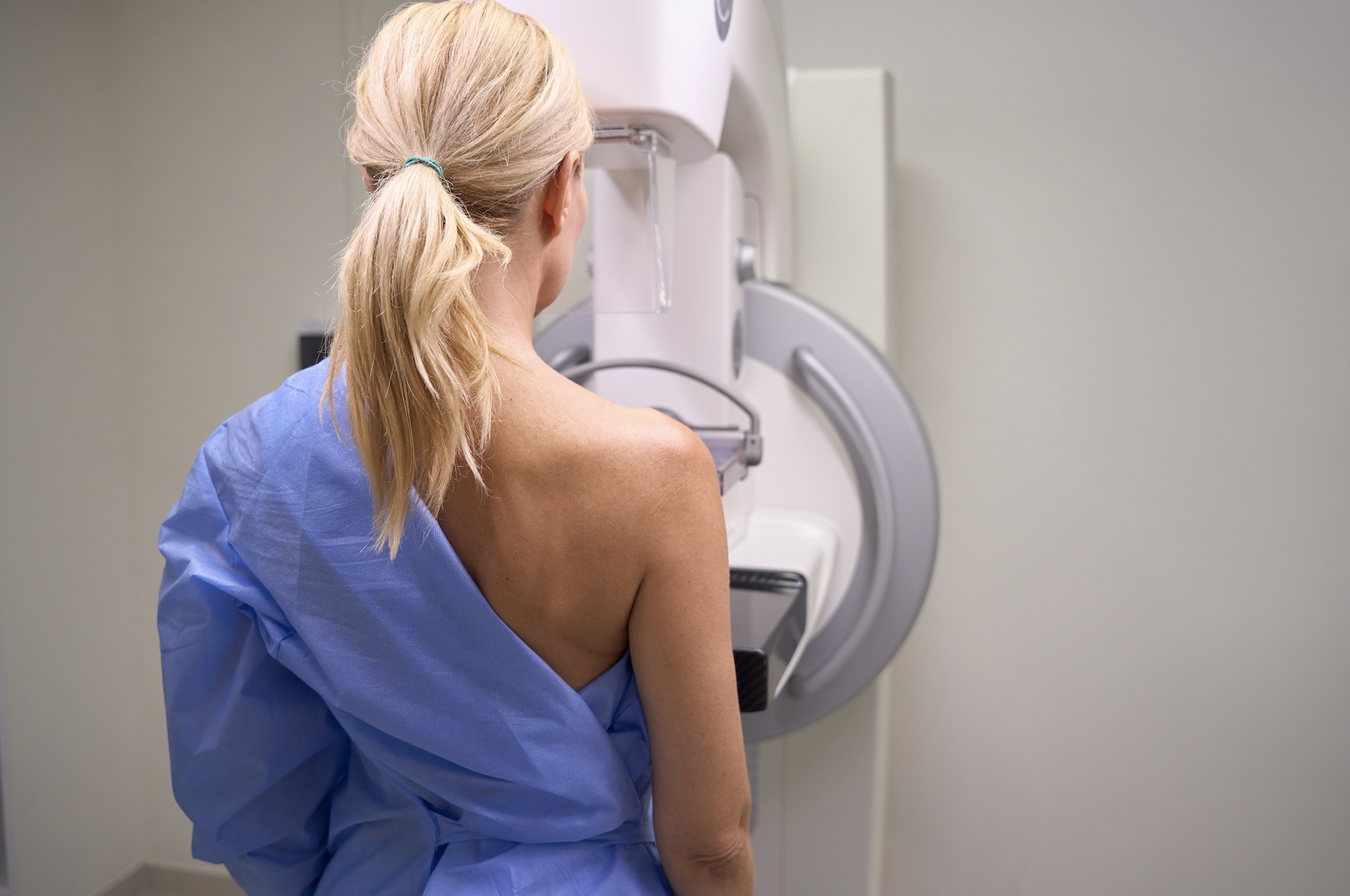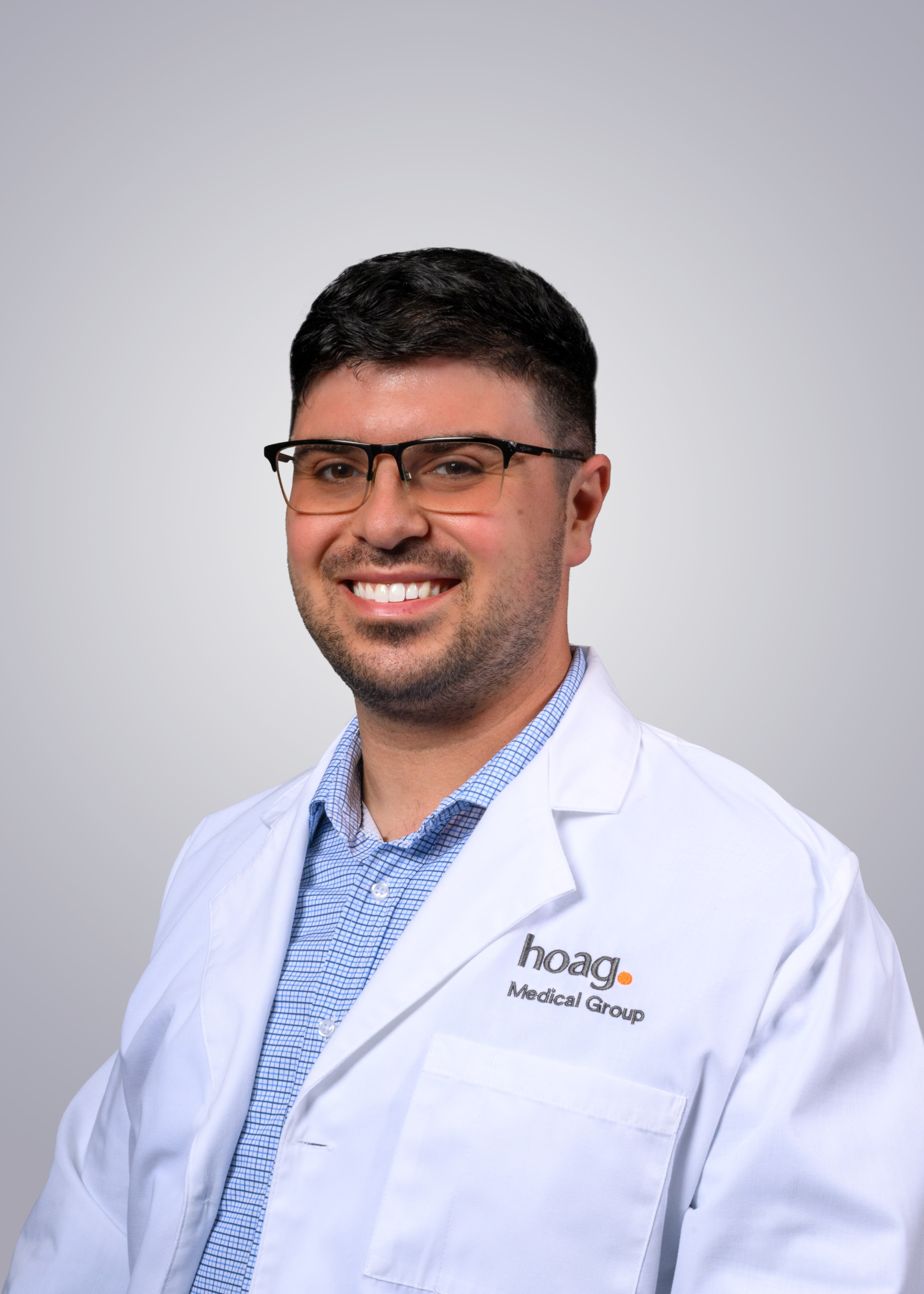
Feeling more stuffed than the Thanksgiving turkey? Maybe you’ve over gobbled at the holiday table. But it’s also possible that you are experiencing gastroesophageal reflux disease, or GERD.
Unlike occasional heartburn, which is a mild burning sensation in the mid-chest that occurs after meals or when lying down, GERD is a chronic condition that damages the body over time and can lead to esophageal cancer.
Both heartburn and GERD are rooted in acid reflux, the backflow of stomach contents into the esophagus. GERD, however, is a more serious form of acid reflux that stems from a breakdown in the natural barriers in the lower part of the esophagus. Over time, injury from GERD can narrow the esophagus, making it difficult to swallow. GERD can also lead to asthma-like symptoms, a chronic cough, dental problems and pain.
“Mindful eating is important for everyone, especially those dealing with GERD,” said Katie Blevins, M.D., Ph.D., a surgeon specializing in foregut and bariatric surgery at Hoag. “Taking your time while eating gives your body a chance to let you know you’re satisfied, which can prevent overeating and reduce your risk of reflux.”
“People often take over-the-counter antacids for years without realizing that symptoms are only part of the story – the other part being potential organ damage. Certainly, symptoms that don’t respond to behavioral modification and medications will drive people to see their doctor. However, even when symptoms respond to antacids, there is still the potential that the esophagus is getting damaged by acid, resulting in inflammation, which can lead to ulcers, strictures, pre-cancerous Barrett’s esophagus, and even esophageal cancer”, said Kenneth J. Chang, M.D., Executive Medical Director of the Hoag Digestive Health Institute and the James & Pamela Muzzy Executive Medical Director Endowed Chair in GI Cancer, Digestive Health Institute. “If you’ve had an acid reflux condition for many years, and you have some of the other risk factors (obesity, age over 50, male, Caucasian, smoker, alcohol use, family history of esophageal cancer or Barrett’s), you should see a gastroenterologist.”
In some cases, GERD can be caused by a hiatal hernia, where part of the stomach protrudes through the hiatal orifice of the diaphragm. If you suspect your heartburn is something more serious than just occasional discomfort, it’s important to see your doctor.
“In some cases, avoiding certain trigger foods can alleviate symptoms. These can include citrus fruits, tomatoes, onions, garlic, chocolate, caffeinated beverages and alcohol,” Dr. Blevins explained. “Keeping track of what you’ve eaten before experiencing reflux can help you avoid these foods in the future.”
When lifestyle changes are not enough, treatment options for GERD include medications, endoscopic procedures, and minimally invasive surgical options. Bariatric surgery may even be the best treatment for the right patient.
Dr. Chang noted, “When lifestyle changes and medications are insufficient, Hoag provides advanced minimally invasive techniques to help patients diagnose, manage, relieve GERD symptoms, and safeguard your esophagus.”
If you are experiencing frequent heartburn or other symptoms of GERD, schedule an appointment with a digestive health expert at Hoag.
Learn more at Hoag Digestive Institute.









